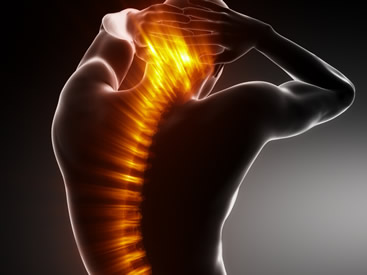
01 Aug Treatment for Neck Pain and Whiplash Injuries
When we see clients at perfect balance clinic who present after a car accident with whiplash, or ‘Whiplash Associated Disorder (WAD) it is likely that the pain will have occurred after 24 hours rather than immediately. This is often due to ligament damage, over-strained muscles and the associated inflammation which comes on slowly. This can also occur as a result of sporting injures and we commonly manage people with football and rugby neck injuries. Although this may seem a serious condition at the time, due to the pain and immobility, we get great results with neck injuries and we make sure we give lots of advice to help along the way. Using cold or warm gels and trying to keep the neck moving are really important early on in the injury as swelling accumulates and results in more pain and stiffness.
The majority of neck pain we see is related to poor posture and mechanical inefficiency of the neck muscles as a result. This leads to pain in the neck region and is often associated with headaches and tension in the upper shoulder region of the back. In extreme cases this may lead to pins and needles in the fingers and tightness into the chest region also. At perfect balance clinic we prefer to prevent the problem from occurring and subsequently give workstation advice which helps to correct the underlying bio-mechanical problem. Treatment of general postural neck pain may include stretching and strengthening exercises, postural advice, acupuncture, heat and cold treatment as well as effective manipulation and joint mobilisation.

No Comments